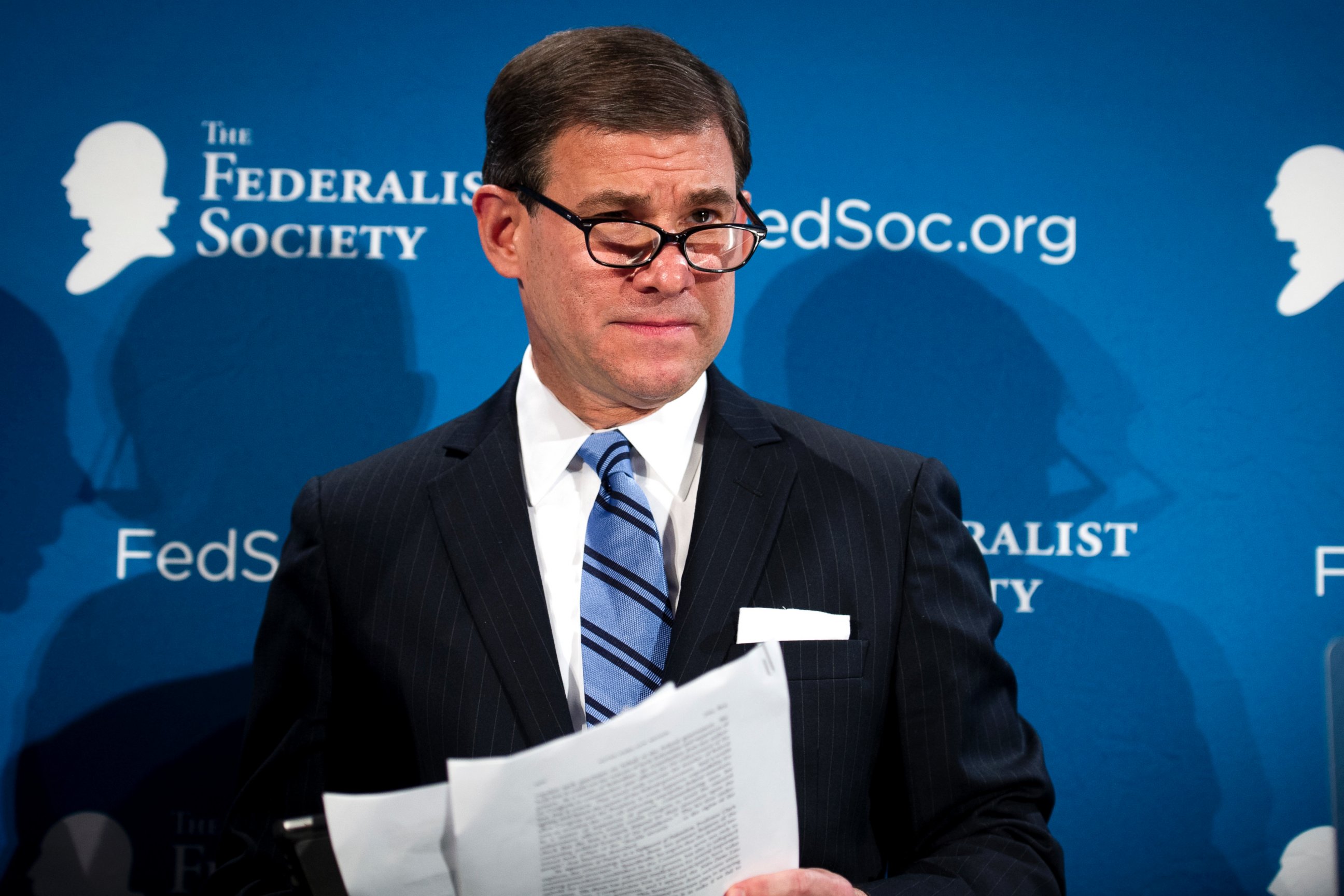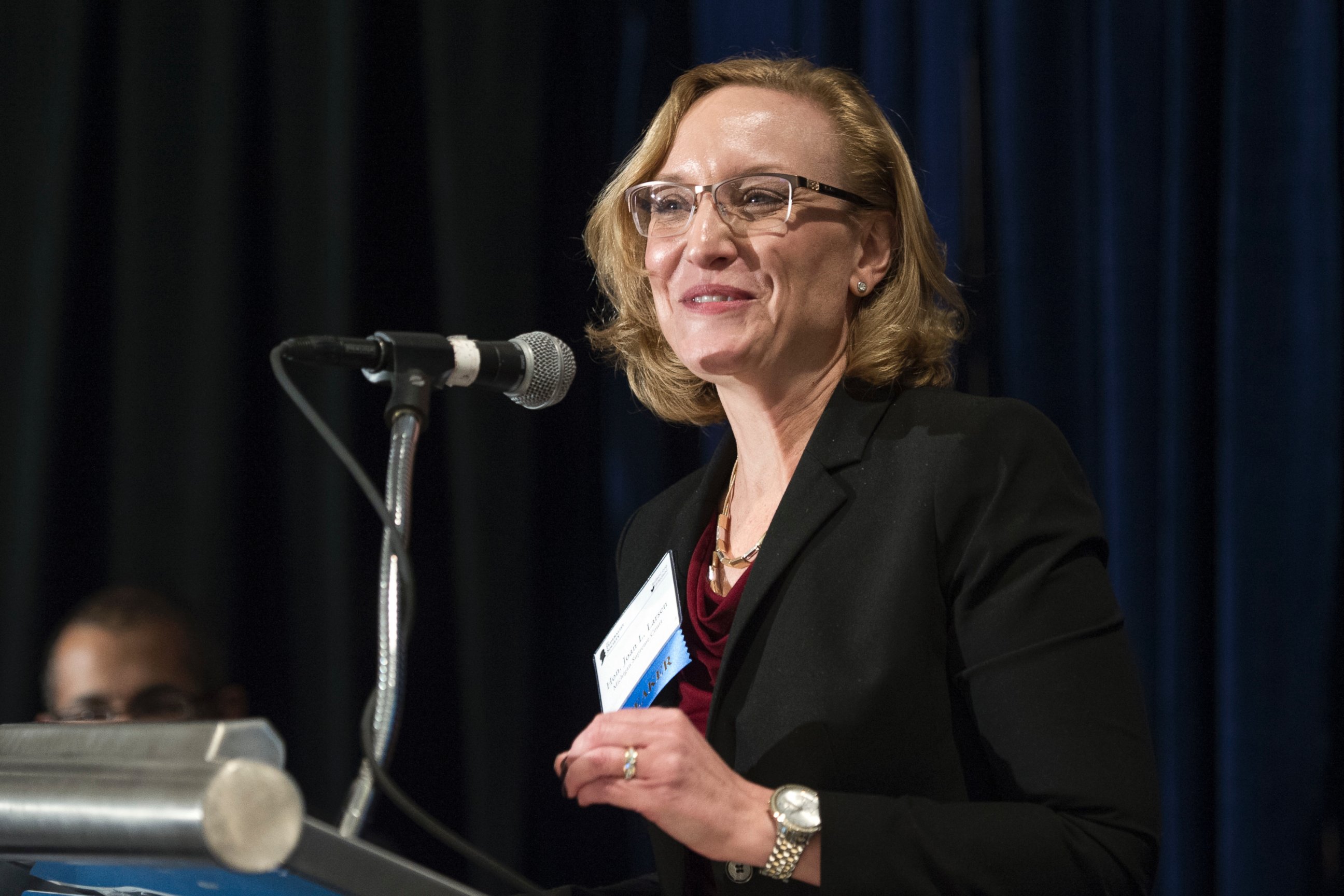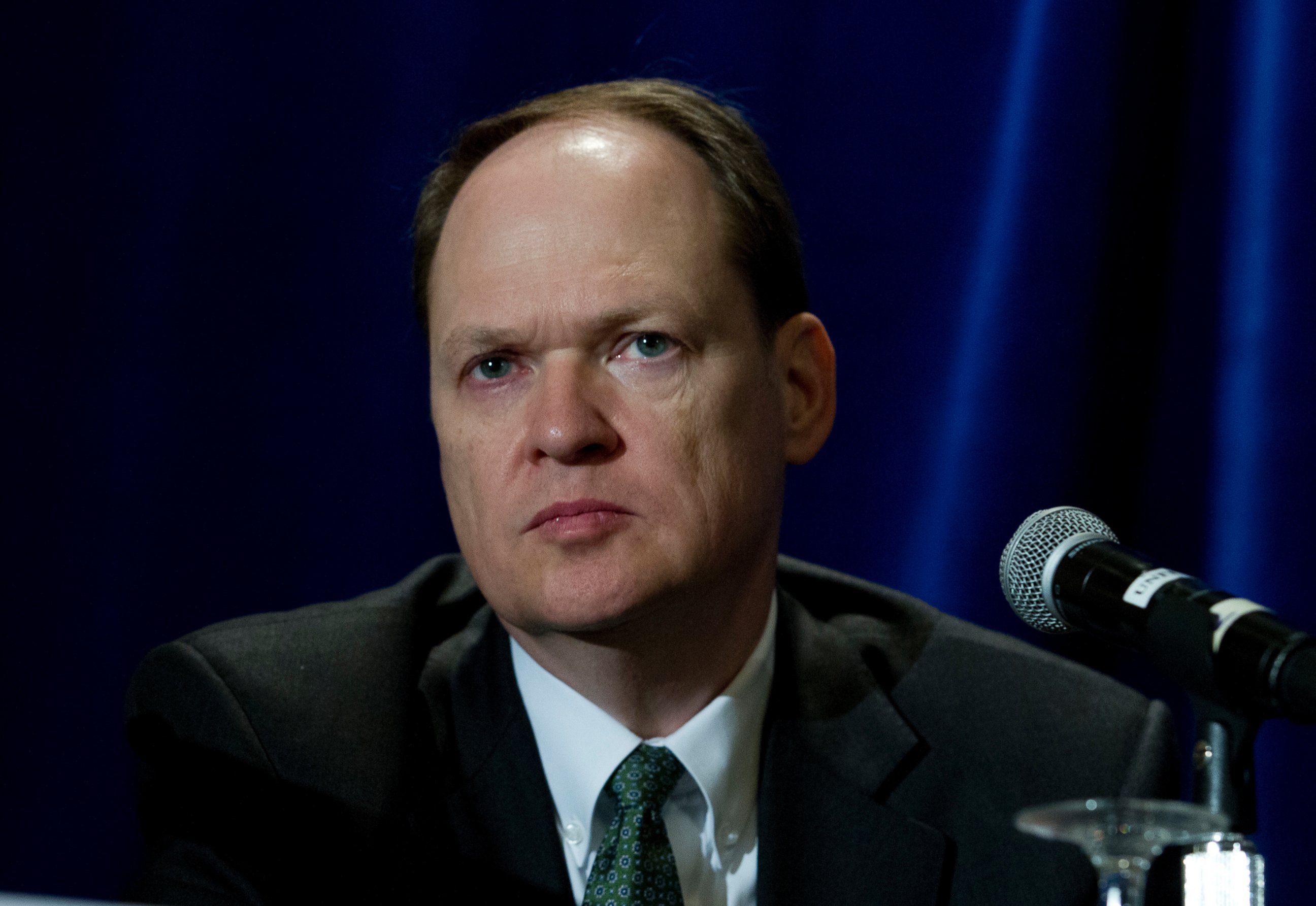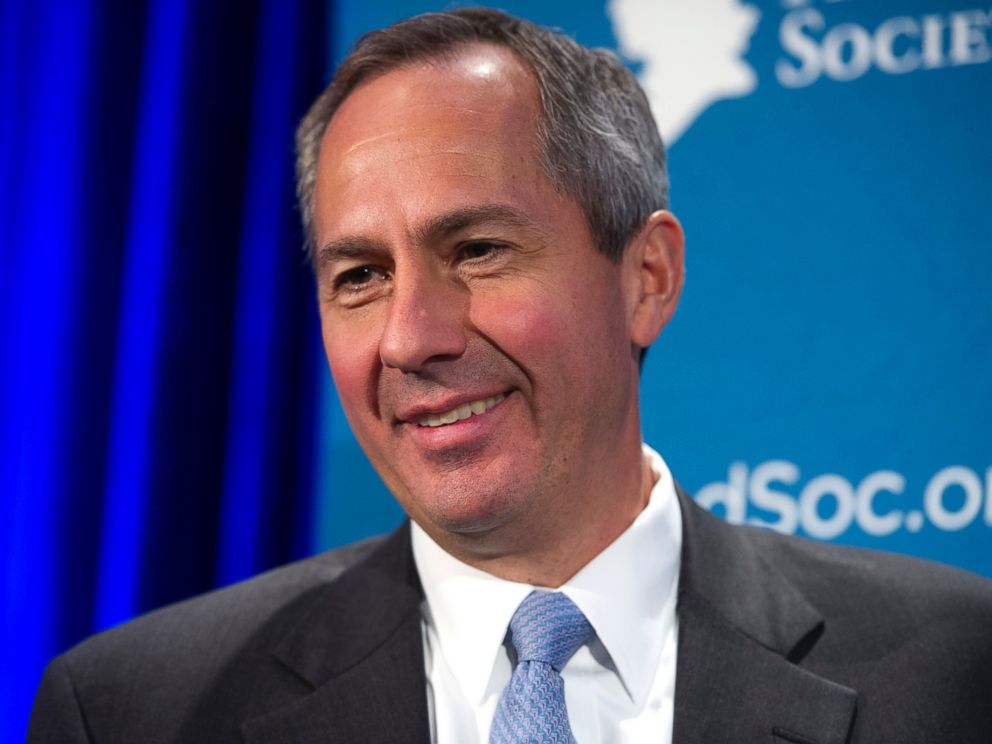Meet Donald Trump's Potential Picks for Supreme Court Justice
Trump's likely nominees to fill the vacancy left by the late Antonin Scalia.
— -- President Donald Trump is poised to announce his Supreme Court pick to fill the vacancy left by the late Antonin Scalia.
In his recent press conference, the president confirmed that meetings with some potential nominees have already taken place. “We’ve met with numerous candidates,” said Trump. He also said he will announce a potential nominee within the first two weeks of his term.
Trump has pledged to appoint a strict conservative, someone with the same judicial philosophy as Justice Scalia.
Here is a list of potential nominees based on Trump’s own list and ABC News' conversations with people close to the transition and legal experts:
Judge William Pryor

Judge William Pryor, 54, sits on the 11th Circuit Court of Appeals. Pryor is widely viewed as a staunch conservative. He has publicly condemned the Supreme Court’s decision in Roe v. Wade, calling the ruling the “worst abomination of constitutional law in our history.” Pryor has voted to against the Affordable Care Act contraceptive mandate, and to uphold a strict voter ID law.
As Alabama’s attorney general, Pryor successfully prosecuted and removed Alabama Chief Justice Roy Moore, who refused to obey a federal court order to remove a Ten Commandments monument from the state Judicial Building. (Pryor reportedly believed that the Ten Commandments display was constitutional, but moved to remove Moore on the grounds that federal court orders must be obeyed.)
Pryor served as the attorney general of Alabama from 1997-2004. He was nominated to the 11th Circuit by President George W. Bush, and was eventually confirmed after an initial filibuster and then a recess appointment.
Judge Diane Sykes
Judge Diane Sykes, 59, currently serves as a judge on the 7th Circuit Court of Appeals. She was nominated by Bush in 2003 and confirmed in 2004. Judge Sykes has taken a broad view of the Second Amendment, and has written that Obamacare's contraceptive mandate Obamacare violates the Religious Freedom Restoration Act. Sykes, viewed as one of the most conservative judges on the 7th Circuit, also authored an opinion prohibiting a state university from revoking the charter of a religious group that excluded gays and lesbians.
Judge Sykes is a Wisconsin native, a graduate of Marquette Law School, and holds a degree in journalism from Northwestern. Prior to her service on the 7th Circuit, she was a Justice on the Wisconsin Supreme Court, a lawyer in private practice, and a state trial judge.
Justice Joan Larsen

Justice Joan Larsen, 48, was named to the Michigan Supreme Court in September 2015, and in November 2016 won a statewide election to retain the seat through the end of 2018. Before that, Larsen was on the University of Michigan Law School faculty for more than a decade.
Larsen also served in the Department of Justice Office of Legal Counsel during the George W. Bush administration, where she was a Deputy Assistant Attorney General.
A former clerk for Scalia, Larsen wrote in a February New York Times op-ed that “it is difficult to imagine anyone filling the gap” he left.
Judge Steven Colloton

Judge Steven Colloton, 54, was nominated to the 8th Circuit Court of Appeals by President George W. Bush in 2003 and confirmed by the Senate 94-1. He’s from Iowa, attended Princeton and then Yale Law School, and clerked for Chief Justice William Rehnquist. He spent 8 years as an Assistant U.S. Attorney, and then U.S. Attorney in the Northern District of Iowa, with stints at the Office of Legal Counsel and as a lawyer in Ken Starr’s Office of Independent Counsel. And he has worked in private practice, as a civil litigator.
Justice Neil Gorsuch
Judge Neil Gorsuch, 49, is currently a judge on the 10th Circuit Court of Appeals; he was nominated by Bush in 2006 and confirmed by voice vote.
Gorsuch clerked for Judge David B. Sentelle on the United States Court of Appeals for the D.C. Circuit and then for Justices Byron White and Anthony Kennedy on the Supreme Court. He attended Harvard Law, and has a Ph.D. from Oxford, where he was a Marshall Scholar. In legal circles, he’s considered a gifted writer. Like Scalia, he's also both a textualist and an originalist.
Judge Raymond Kethledge
Judge Raymond Kethledge, 50, has been on the U.S. Court of Appeals for the 6th Circuit since 2008. He was initially nominated by President George W. Bush in 2007, but his nomination ran into opposition. He was nominated again in 2008 and confirmed by voice vote. Kethledge previously served in various roles in private practice, including as counsel at Ford Motor Company, and before that was judiciary counsel to former U.S. Sen. Spencer Abraham, R-Mich. Kethledge is originally from New Jersey; he earned his law degree from the University of Michigan and clerked for Justice Anthony Kennedy.
Judge Raymond Gruender
Judge Raymond Gruender, 53, has served on the U.S. Court of Appeals for the 8th Circuit since 2004, when he was appointed by President Bush and confirmed 97-1. He previously served as U.S. attorney for the Eastern District of Missouri. Gruender received undergraduate, law and business degrees from Washington University in St. Louis. He is consistently ranked among the most conservative sitting judges; he's also a long-standing and very active member of the conservative Federalist Society.
In 2012, Gruender wrote the majority opinion that upheld a South Dakota law that requires doctors to tell women seeking abortions that they're subject to an increased risk of suicide.
Judge Thomas Hardiman

Judge Thomas Hardiman, 51, has been a judge on the U.S. Court of Appeals for the 3rd Circuit since 2007 (where Trump’s sister Maryanne Trump Barry is a senior judge), and was a Pennsylvania district court judge before that. He’s from Massachusetts. In high school, he drove a taxi for his family’s business, and he attended Notre Dame on a scholarship. He received his J.D. from Georgetown and practiced at a number of firms in DC and then Pittsburgh before being nominated to the bench by George W. Bush.
One of Judge Hardiman most noted opinions on the 3rd Circuit was in favor of Pennsylvania jail's policy of strip-searching all detainees. Hardiman wrote that strip-searching all detainees who have been arrested for any crime wasn't a violation of the Fourth Amendment restriction on unreasonable searches and seizures. The Supreme Court in 2012 affirmed the decision.




